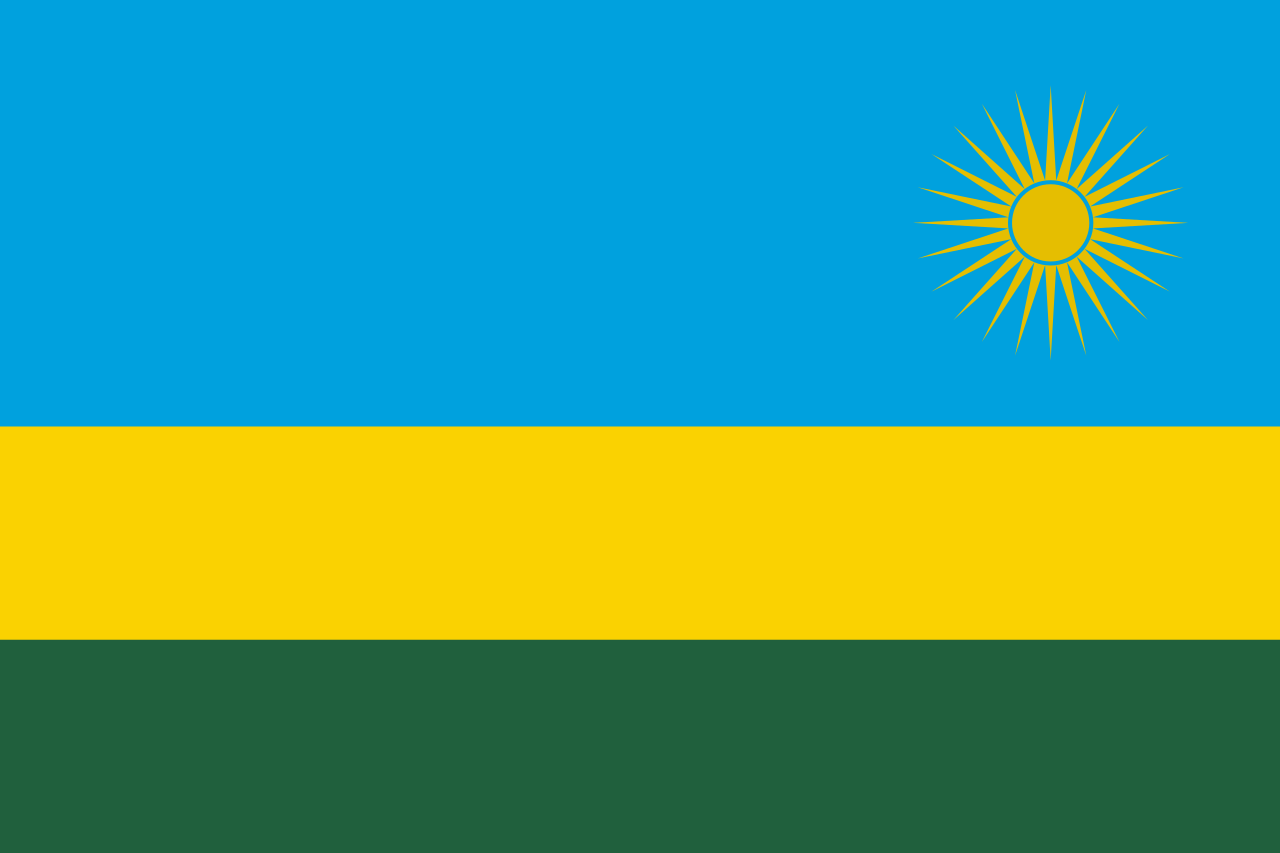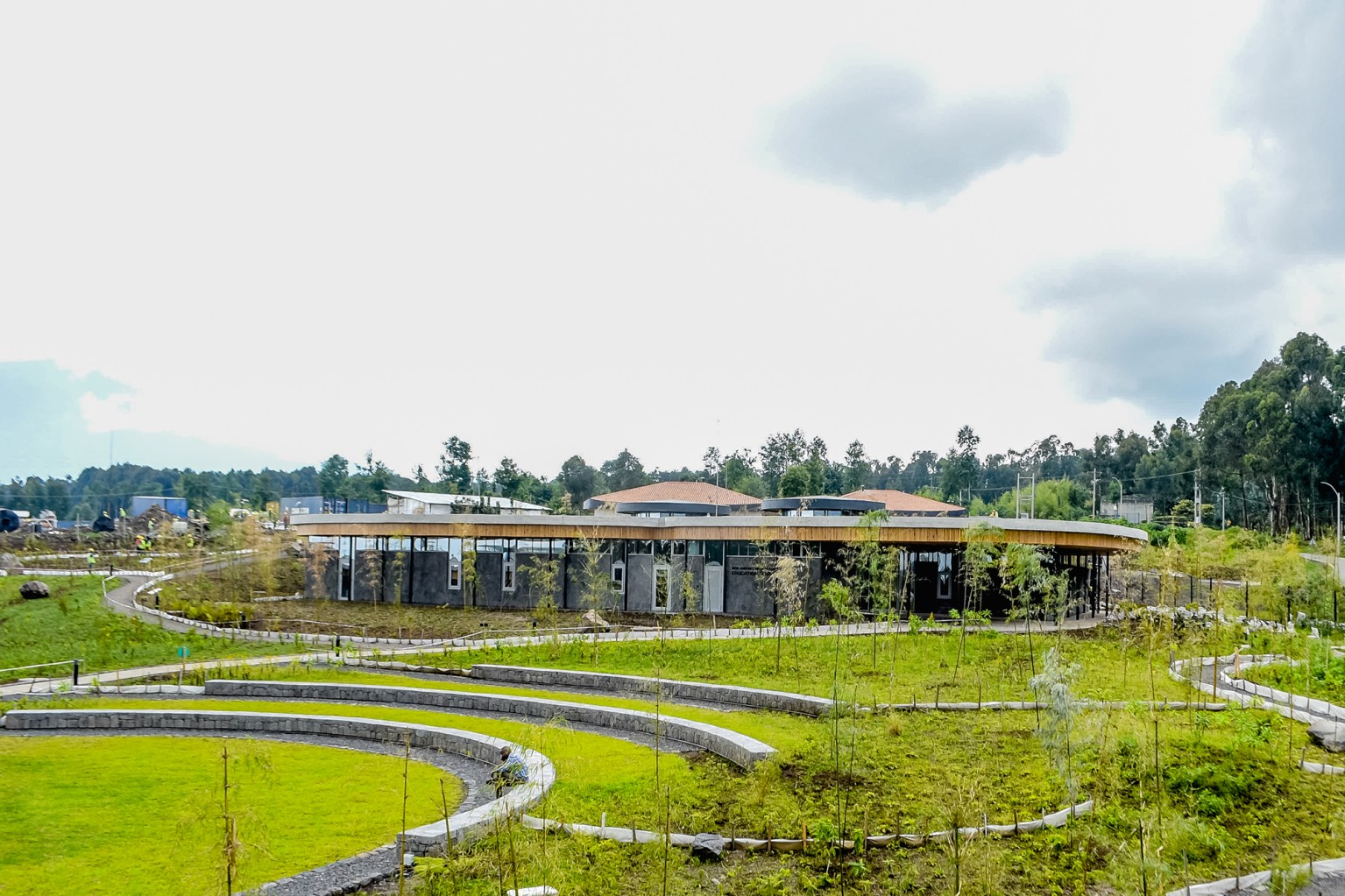- Details
- World
- 1185
By Binsal Abdulkader DUBAI, 5th February 2022 (WAM) – Rwanda is keen to have the UAE’s cooperation to utilise geospatial data in its developmental projects in key sectors, a senior official told Emirates News Agency (WAM).
"We are looking at [cooperation with UAE in] space sector. One of the things we're looking at is how do we leverage data in general, but very specifically geospatial data, to support some of the programmes and policies that we are implementing in agriculture, education, mining, and infrastructure development," said Paula Ingabire, Rwandan Minister of ICT and Innovation.
In an exclusive interview with WAM at Rwandan Pavilion at Expo 2020 Dubai, she noted that the geospatial data is globally being leveraged and utilised in policy decisions and programme implementation.
"We know UAE is quite advanced in this area and we would like to learn from the UAE," affirmed Ingabire who is a known technology enthusiast. She is a graduate of the Massachusetts Institute of Technology’s (MIT) School of Engineering and Sloan School of Management, in the System Design and Management programme.
Satellite launching, geospatial data cooperation
Asked whether Rwanda is looking for the UAE’s cooperation for launching its own satellite or sharing geospatial data from the Emirati space assets, the minister said, "It's actually a mix of both. The starting point is building capacity. You can have access to different geospatial datasets, and you have the capacity and the ability to mine, analyse and translate that into a way that creates value for us. So that's our starting point," she explained about the potential cooperation with the UAE.
Being able to have those analytical skills and tools will enable Rwanda to use that data for valuable insights in its policies and programmes being implemented in the country, Ingabire emphasised.
"We also have ambitions, obviously, to partner with countries like UAE to build and be able to launch our own satellite. That may be a mid to long term ambition, even as we already think about the low hanging fruit, which is really around building analytical skills and how we can make the best use of these geospatial data," she explained.
Cooperation in governance, technology, innovation
The minister made it clear that Rwanda is keen to cooperate with the UAE in any potential sector.
"The anchor of those kinds of cooperation is around knowledge and skills transfer and building the right capabilities that will allow us to benefit from the experience that UAE has."
Ingabire pointed out that the UAE has a very good government, and experience in exchange programmes focusing on technology and innovation. "The UAE has deployed various technologies and innovations to really improve efficiencies and drive productivity. So, that's another framework that we're looking to engage on with UAE."
Education, agribusiness, e-commerce
Education is another potential area of cooperation, the minister added. Human capital development, trade and investment, agribusiness, and e-commerce, along with technology and innovation, are potential areas.
"We are working to create partnerships around artificial intelligence (AI). Both UAE and Rwanda are hosting the World Economic Forum Centres for 4th Industrial Revolution. The UAE is around building the right policy and business landscape to nurture AI innovations," she pointed out.
Another potential area of cooperation is cybersecurity and the biggest focus is really on skilling – providing the much-needed skills and nurturing specialists in this sector , she said. - WAM/Hassan Bashir








